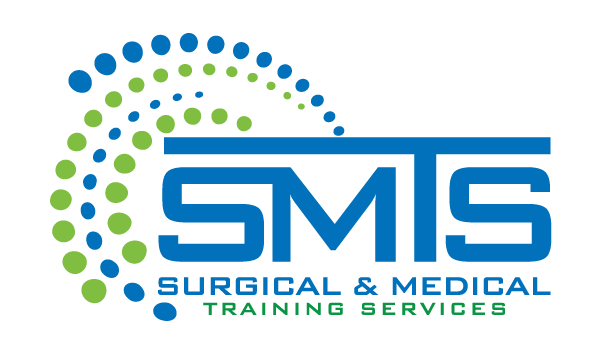In recent years as educational curricula have become more sophisticated, an increasing number of residents are expected to perform competently based on skills learned through simulation. Various simulation methods look good on paper. They are lower cost and more readily available than cadaver-based educational training. While this may be true, there are benefits to cadaver use that cannot be overstated. Here, we discuss the findings of a recent study that measured variables among a small group of emergency medicine residents after exposure to cadaver training versus simulation.
The pilot study that sought to discern the outcomes of cadaver training in comparison to simulation involved twenty-two senior emergency medicine residents. Participants had already completed their standard simulation training in tube thoracostomy and cricothyrotomy. After then performing these low-frequency procedures on cadavers, participants were surveyed regarding the accuracy of training. A 100-point visual analog scale provided necessary data to compare equality between the two scenarios, with 100 being equal. Additionally, participants estimated if comfort level with the performance of each of the procedures improved and, if so, how much. This was reported on a scale of 0% to 100%.
One-hundred percent of participants responded via survey. For the cricothyrotomy procedure, respondents measured the constancy of simulation training at 34.7 ± 13.4. The rating for cadaver training in cricothyrotomy was 79.9 ± 7.0. The simulation rating for tube thoracostomy was 38.4 ± 19.3 vs. 86 ± 8.6 for cadaver training. Comfort levels for both procedures improved an average of 78.5% among all participants, who cited superior tissue integrity as a critical aspect of care.
SMTS – Surgical & Medical Training Services was established to advance knowledge and clinical skills across several fields of medicine. We believe that the more accurate the training model, the greater understanding and confidence practitioners gain through their educational courses. As a result, patients receive optimal outcomes in times of need.
We are proud to offer a variety of services, including live streaming courses and mobile facilities that our team can set up in approximately one week. We are proud to provide essential medical and surgical training for doctors and surgeons as well as all frontline medical personnel, including first-responders and paramedics. For more information on our services, contact us at (888) 801-9444.

